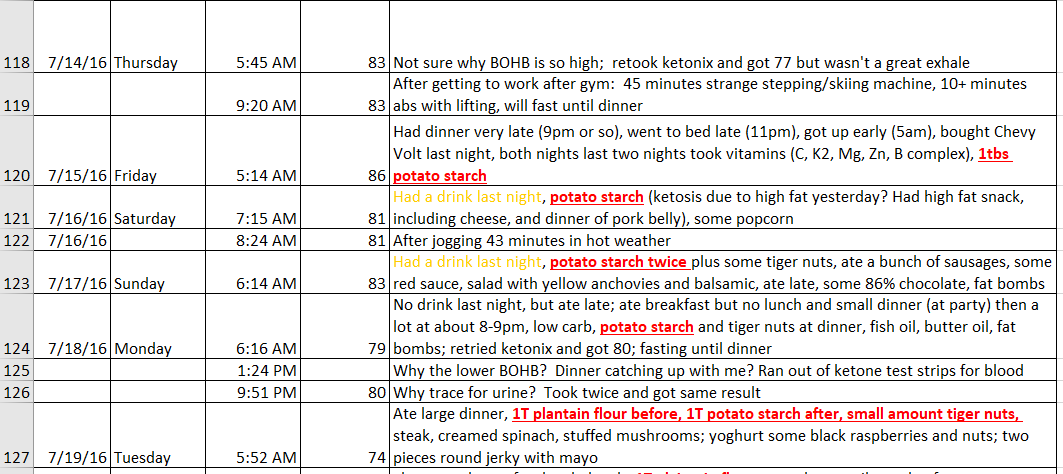Thank you,
I wish that were true but it has been this way since about 4 months into Keto back in 2017. Except When I am binging (sadly happens to often) I am nowhere near Zone levels. In a binge I am at SAD levels of carbs. However I think when I am trying to stay keto It is more that since I do not love fatty meats, I tend to eat nuts, some lower carb fruits like berries and more almond flour than I should. All block ketosis since I am not active. I am ok with that. I know when I am in ketosis because I get a certain taste and feel the tiniest bit nauseous. It is subtle but I know it is there.
Actually this concern way predates Covid. I posted a long time ago, in 2017 or 2018 that shortly after starting fasting and then Keto I started getting a lot of colds. They were mostly an annoyance. I could not figure out why and then someone posted an article, possibly @richard that fasting made you more vulnerable to viruses and less vulnerable to bacteria (since I got a bacterial infection in the middle of a fast in 2017 or 2018 I am not sure that is true for me).
The viruses seemed to stop in July 2018, not sure if it was because I started taking Lypisomal Vitamin C or because I did not fast as often. Did not have another illness until after Thanksgiving 2019 where I both cheated alot and was around a lot of people. It was a whopper, it was so bad I later thought it was an early version of Covid but since I had no antibodies, it was not. Bottom line, I am willing to risk an ordinary cold by fasting but not Covid which is why I have limited myself to 36 hour fasts or less as it is usually on Day 3 that I start to get sick (not that it always happened).
As for rats, I might have dismissed it the same way cholesterol in rabbits is dismissed but the link to the earlier study on patients with subsequent Afib had higher levels of circulating BHB made me very nervous






